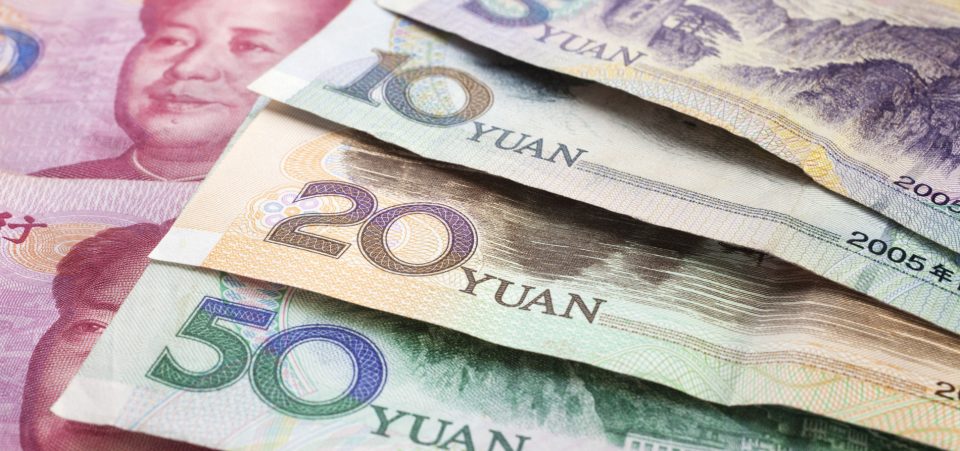Trump Accused China of Devaluing Yuan, but China Could be Trying to Avert Market Collapse
As part of his last wave of automatic fire, like a “Twitter” storm, President-elect Donald Trump has targeted China—again. This time, the source of discontent is China’s monetary policy, devaluing the yuan (aka: renminbi). But Trump was wrong about the yuan. The Chinese government’s devaluation has more to do with averting market collapse than anything else.
The devaluation of the yuan is linked to increasing capital outflows. The pressure will also continue to build because of the widely expected interest rate hike in the United States. (Source: “Market bears smell blood as China scrambles to plug capital outflows,” Reuters, December 4, 2016.)
The vicious circle of capital outflows and currency depreciation has the power to destabilize China’s financial system. It could escalate risk and prompt the same kind of market collapse situation seen in the spring and summer of 2015.
China is trying to tighten its grip on capital outflows after a slide in the yuan this year of almost six percent, which has pushed the currency down to levels last seen more than eight years ago. The situation has revived memories of a wave of capital flight late last year and in January.
“Did China ask us if it was OK to devalue their currency,” tweeted Trump. The obvious implication is that a lower yuan makes it tougher for American companies to compete. Trump added a few more touches. He alluded to China’s military buildup in the South China Sea.
Trump’s criticism is not new. The United States has often criticized Beijing’s excessive devaluation of the yuan. The problem is always the same, a lower yuan harms American companies and unlawfully favors Chinese exports.
Trump May Have Stimulated Outflow—and Devaluation—of the Yuan
However, Trump’s election campaign promises may have actually contributed to China’s capital outflows—and the yuan’s depreciation. Trump has promised to invest a trillion dollars in U.S. infrastructure over the next 10 years. That infrastructure would range from motorways and bridges to tunnels and airports. Trump said he would welcome private investors; many Chinese investors might be considering the possibility of getting into the action.
The United States currently imposes tariffs on some Chinese imports, such as steel and tires. President-elect Trump, during the election campaign, threatened to extend duties up to 45% on all goods coming from the Asian state.
Meanwhile, Chinese foreign exchange reserves decreased at a faster pace than expected in November. This suggests an acceleration of capital outflow, which has been a persistent problem for China. The Chinese have tried to fight the capital flight problem by trying to stabilize the yuan’s exchange rate, resorting to foreign exchange reserves.
But the tactic has failed. Currency reserves fell by $69.0 billion in November against an expected $63.0 billion, numbers not seen since 2011. (Source: “China forex reserves fall in battle to stem capital flight,” Deutsche Welle, December 7, 2016.)
The accelerated runoff could increase if the U.S. Federal Reserve decides to raise rates. This is widely expected. However, Chinese companies prefer to invest abroad in view of another depreciation of the yuan.
Chinese authorities, therefore, could try to discourage Chinese companies from investing abroad. They might especially target those companies investing in activities that have little to do with their core activities. China’s State Administration of Foreign Exchange (SAFE) has already started to check any foreign transfers of $5.0 million or more. (Source: Ibid.)
The problem is that Chinese companies are indebted in U.S. currency. The cost of borrowing and the expected interest rate hike will make things harder.






